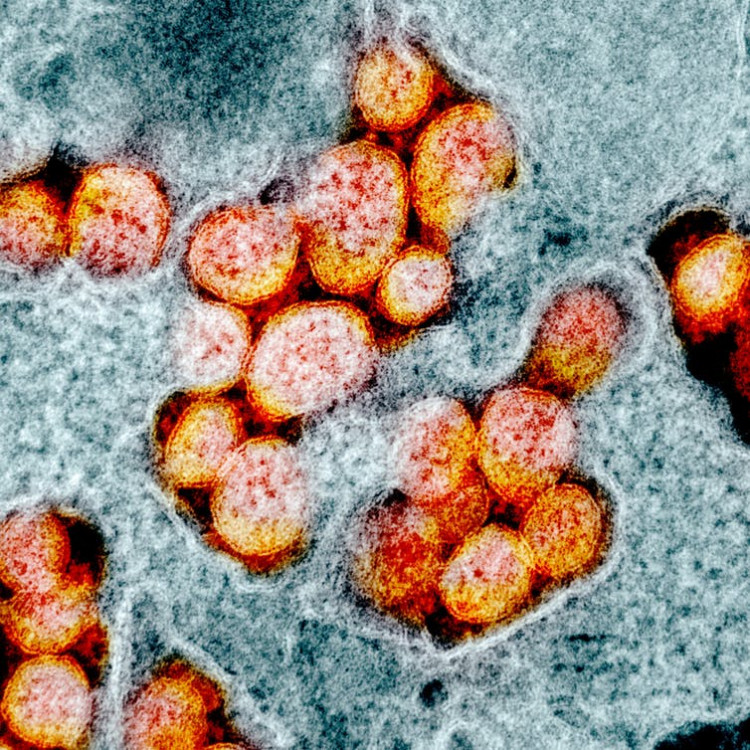In February the People's Bank of China ordered commercial banks to disinfect banknotes using ultraviolet light in a bid to curb the spread of the coronavirus now known as COVID-19.
At the time China had reported 1,770 COVID-19 deaths. Today, China has 4,634 deaths and 85,578 confirmed cases. Severe acute respiratory syndrome coronavirus II is the virus that causes COVID-19.
Now, a study from Australia shows COVID remains "extremely robust" and can survive for 28 days on plastic banknotes at room temperature, or 20 C (68 F). The virus can survive for 28 days on smooth surfaces such as touchscreens on mobile phones. In contrast, the flu virus lingers for about 17 days.
Researchers at CSIRO, Australia's national science agency, said COVID can be transmitted by contaminated surfaces where aerosol particles settle in a process called fomite transmission. The study published Monday in the Virology Journal and conducted by scientists at the Australian Center for Disease Preparedness (ACDP) said fomite transmission "may also be an important contributor in transmission of the virus."
Researchers said, however, COVID-19 is mainly transmitted through direct contact with an infected person who coughs, sneezes, speaks, sings or breathes.
The research found the virus survived longer at lower temperatures and on nonporous or smooth surfaces such as glass, stainless steel and vinyl compared with porous complex surfaces such as cotton. The virus also survives longer on paper banknotes than plastic banknotes.
CSIRO chief executive Dr. Larry Marshall said surface survivability research builds on CSIRO's other COVID-19 work. "Establishing how long the virus really remains viable on surfaces enables us to more accurately predict and mitigate its spread and do a better job of protecting our people," Marshall said.
Dr. Debbie Eagles, ACDP deputy director, said the study results showed the virus could remain infectious on surfaces for long periods of time - reinforcing the need for good practices such as regular hand-washing and cleaning surfaces.
The study showed the survival of the virus fell to less than a day at 40 C on some surfaces. The findings add to evidence that it survives longer in cooler weather - making it harder to control in winter. The research helps to more accurately predict and mitigate the pandemic's spread, researchers said.






